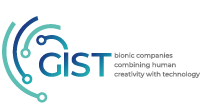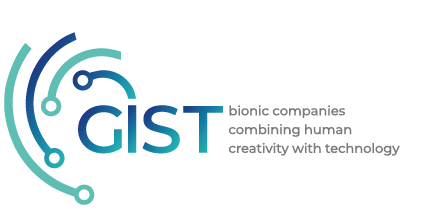We asked more than 70 furniture companies and experts, how familiar they are with 4.0. technologies, which technologies they already use and what skills and competences the furniture and wood industry needs today?
Responses slightly vary across SMEs and students, but the conclusions have a lot in common.
The most important technologies according to SMEs are robotics, 3D printing and custom manufacturing, followed by cloud services and augmented reality and virtual reality.
Communication, solution orientation and creativity are regarded as key skills that a leader should have to successfully implement the digital transformation of the company
However, even though they are rated as most important, these technologies are mostly not used by SMEs. Main barriers for the implementation of 4.0 technologies, according to SMEs are lack of skills and knowledge among staff and cost of technologies.
As for students, the analysis of the questionnaires showed that 4.0 technology skills are still not quite present in educational system even though students find it as helpful to find a job and important to apply in the future work.
The results of all three questionnaire show that 4.0 technologies and related skills are already important and will become of even greater importance. However, SMEs are still not completely ready for digital transformation. Additionally, students still do not have enough knowledge on 4.0 technologies. New and innovative programme regarding 4.0 technologies is necessary in order to use all of the advantages of digital transition, such as cost reduction and improved efficiency. This analysis showed that it is important to include 4.0 technologies in education and training to ensure having educated and qualified work force.
Go to our Dowload page to download the full report “Key study on current skills, knowledge and qualifications regarding digitalisation” here.
The next steps of the GIST project are:
- Definition of GIST learning outcomes (specific knowledge, skills and competences) based on the defined and endorsed knowledge gaps to be covered in terms of digitalization).
- Definition and design of the complete structure of the future GIST training course in the form of modules, units, methodology to be implemented, etc.
- Validation of the Joint Curriculum in order to guarantee the interest of associated partners, target groups and stakeholders regarding the training course before its development.






Comments are closed.